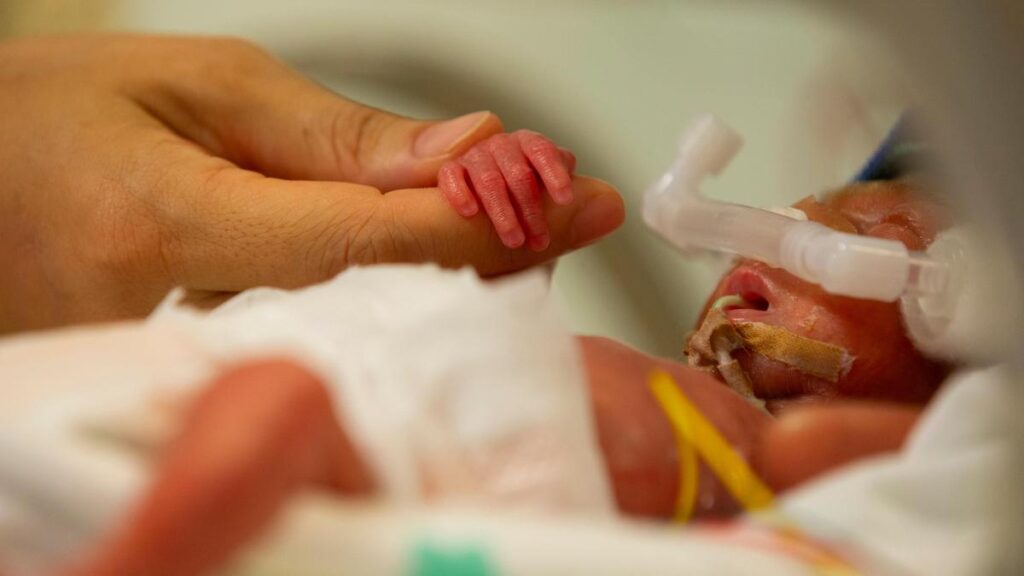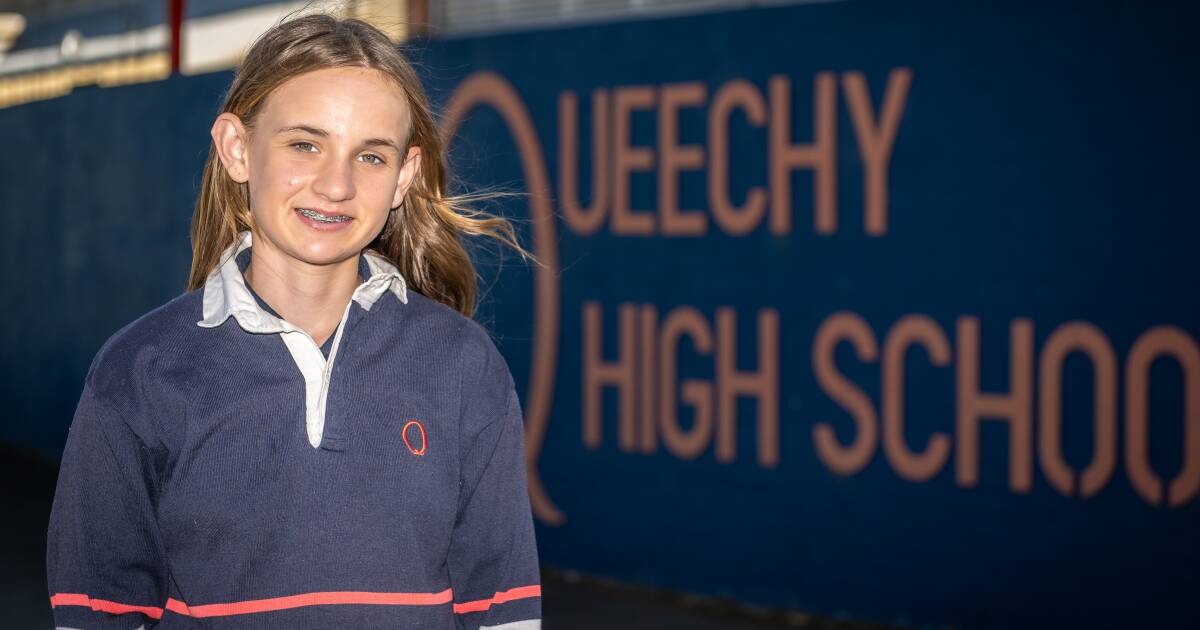
Doctors and nurses at King Edward Memorial Hospital (KEMH) are pioneering a world-first study utilizing advanced imaging technology to enhance the care of preterm infants. This initiative aims to address a critical aspect of neonatal care: the fragile and easily damaged skin of these vulnerable patients. Approximately half of the tiniest babies in KEMH’s neonatal intensive care unit (NICU) develop skin injuries within their first two weeks of life, posing significant health risks.
Transforming Neonatal Care with Advanced Imaging
The project involves the use of the DeepLive Optical Coherence Tomography (OCT) scanner, a sophisticated machine that provides detailed, three-dimensional images of the superficial layers of skin. This technology, previously employed primarily in dermatological imaging and cancer detection, allows medical professionals to monitor skin integrity in real time without invasive procedures. According to Dr. Tobias Strunk, a consultant neonatologist at KEMH, this approach represents a significant advancement in understanding how to protect and care for the delicate skin of newborns.
“We are really asking, how does the skin mature? What injures the skin and how can we prevent it?” – Dr. Tobias Strunk
The DeepLive scanner’s non-invasive capabilities enable bedside monitoring, akin to an ultrasound, ensuring that medical staff can proactively address skin issues as they arise. Dr. Strunk noted that the technology could potentially allow for interventions before visual signs of skin damage become evident, which is crucial for preventing complications such as infections that can be life-threatening for premature infants.
Impact on Neonatal Outcomes
One of the neonates currently benefiting from this innovative technology is Baby Iris, born just shy of 25 weeks gestation and weighing only 823 grams. Her progress in the NICU, now at ten days, is being closely monitored with the DeepLive scanner, providing her healthcare team with valuable insights into her skin condition. Dr. Strunk has enrolled approximately 20 neonates in the study thus far, with plans to increase that number to around 100.
This research could lead to a substantial reduction in skin injuries among the over 26,000 babies born preterm in Australia each year. By improving skincare for these newborns, there is potential for decreased rates of infection, less scarring, and shorter hospital stays, positively impacting families and healthcare resources.
The acquisition of the $400,000 DeepLive machine for a two-year pilot study was made possible through the support of Telethon and Mineral Resources. Andrea Chapman, director at Mineral Resources, expressed pride in contributing to this important initiative, stating, “The DeepLive OCT machine is an extraordinary example of how technology can give premature babies a stronger, healthier start to life.”
As this groundbreaking study unfolds, the hope is that it will not only improve clinical outcomes for neonates like Baby Iris but also set new standards for neonatal care across the globe.






